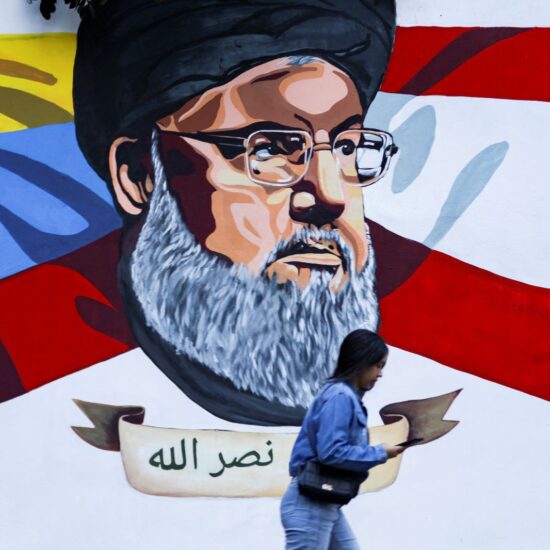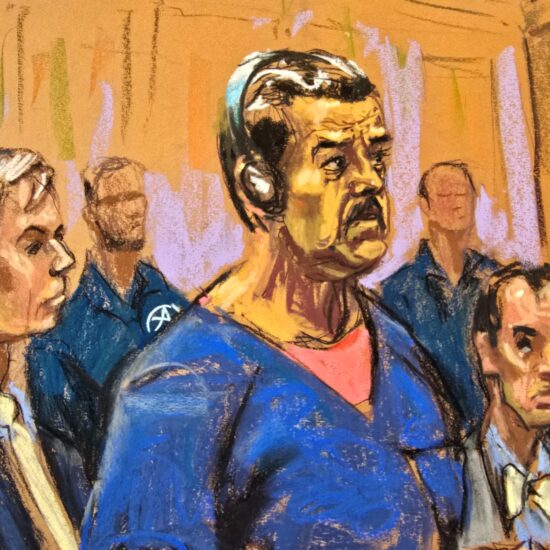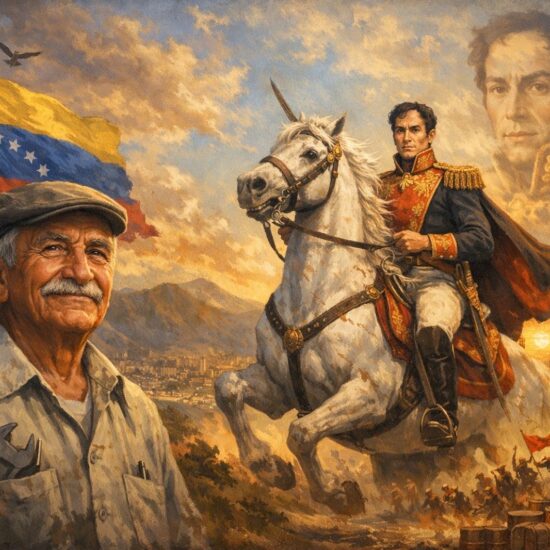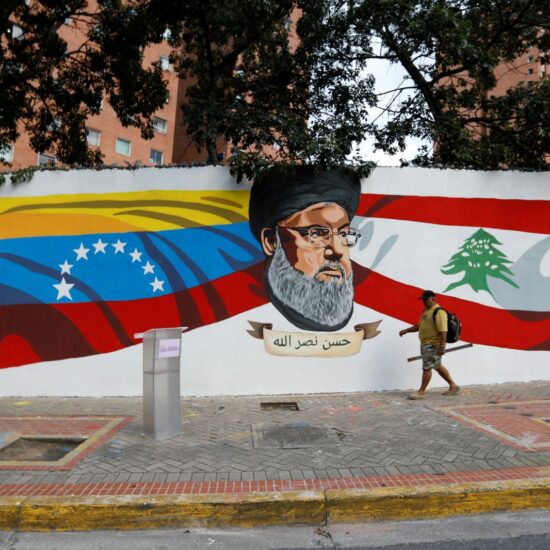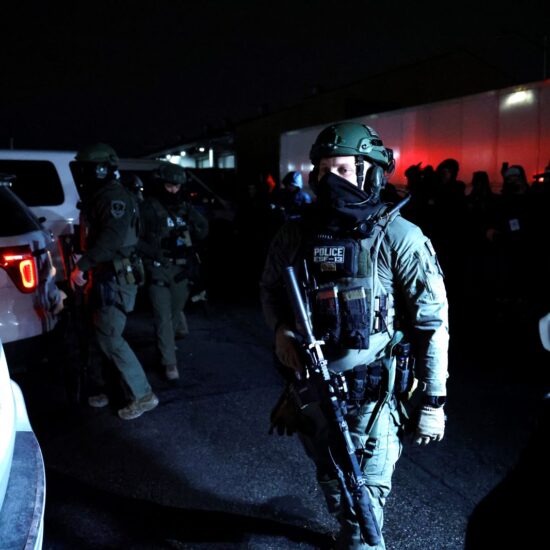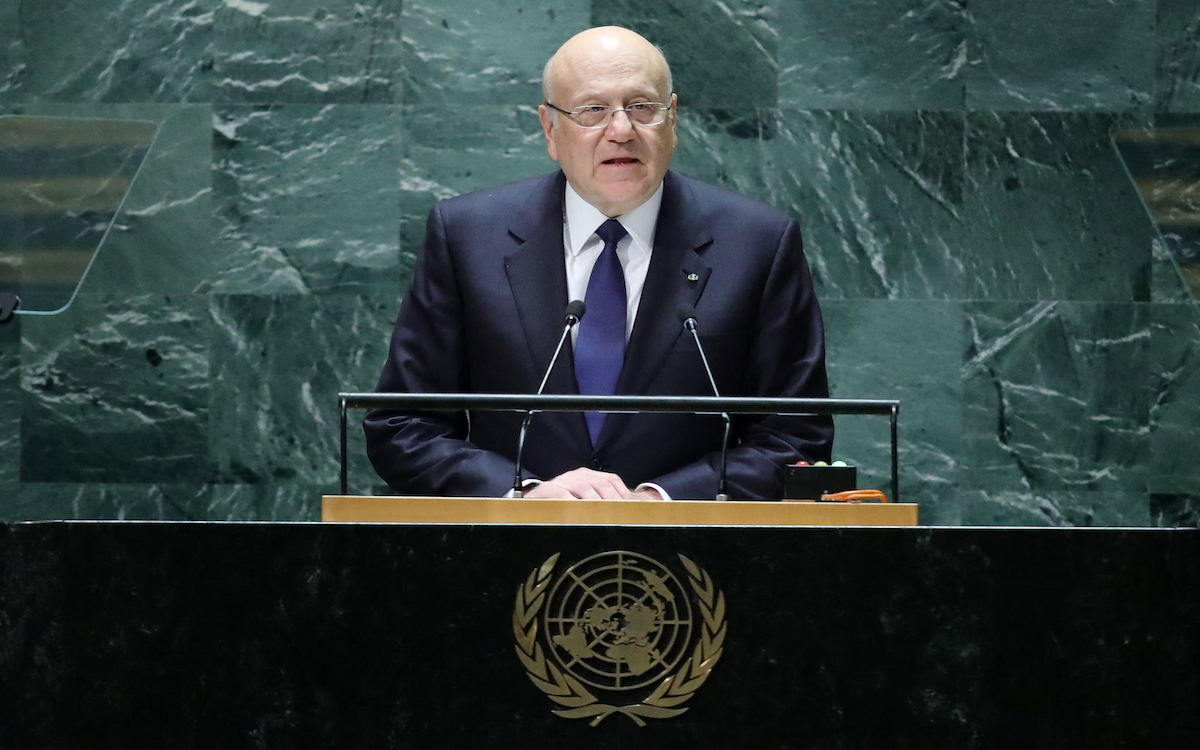
Lebanon has been without a president for 329 days and there has, for the most part, been little progress in the various political factions coming to an agreement on a name.
However, a glimmer of light may finally be appearing on the horizon.
Reportedly, Qatar has four main names in mind when it comes to the presidency: army commander Joseph Aoun, MP Neemat Frem, public security head Elias al-Bisari and former minister Ziyad Baroud.
These names would give the political factions in Lebanon something to work with when it comes to haggling over who can best meet the demands of all sides so that they can receive the votes to get elected.
However, even if negotiations are narrowed down to just a few names, it is safe to say that Lebanon’s political class will take their time arguing over who is and is not acceptable.
One of the hardest parties to persuade will be Hezbollah which, up to this point, has maintained its support for Sleiman Frangieh. Despite no longer having a clear majority in Parliament, Hezbollah still maintains a sizeable bloc in the legislature and significant power throughout the country and its institutions. Getting Hezbollah’s blessing, whether implicit or explicit, is a necessity for any presidential hopeful.
The opposition has largely opposed any compromise with Hezbollah, so appeasing both sides already seems like a near-impossible job, and that is before one factoring in the need for a candidate to get significant Christian support in Parliament.
That means getting votes from either the Lebanese Forces, which are staunchly opposed to Hezbollah and have refused to even hold talks with its political opponent, or the Free Patriotic Movement, whose leader Gebran Bassil has his own presidential ambitions. Without significant Christian support, any candidate would, in the eyes of many, lack legitimacy.
So, with these four names, it is imperative for the parties to come to an agreement, especially as the international community is slowly losing interest in Lebanese domestic troubles. Should this new initiative fall through, it is unclear how much interest will remain to help Lebanon end its crises when it seems like Lebanon is not even interested in doing that itself.
France’s envoy, Jean-Yves Le Drian, is scheduled to return to Lebanon in October.
Negotiations are probably going to take some time and some serious mediation is needed if there is any hope of coming to a compromise but at least there is the possibility that there might actually be progress for a change.
In Lebanon
Mikati at UNGA: Caretaker Prime Minister Najib Mikati spoke at the United Nations General Assembly where he specifically discussed his country’s struggle to cope with the ongoing refugee crisis.
During his speech, Mikati spoke plainly about the international community’s continued failures to provide a solution to the crisis.
“The international community’s response to this tragedy remains timid, falling short of an effective and sustainable solution,” he stated.
In this, Mikati is speaking correctly. The international community has largely put the burden of providing refuge to the migrants all the while without offering much aid and support. The international community has failed Lebanon in this and has put the country in a tough position.
However, when Mikati spoke about Lebanon’s existence being threatened by the influx of refugees, it was more of the fearmongering and scapegoating language that has been used by many in Lebanon to blame refugees for Lebanon’s current woes.
Lebanon has repeatedly called for refugees to be returned to their homes in Syria and has worked to make life harder for the Syrians already in the country.
Saved: Lebanese soldiers rescued 27 migrants who were on a sinking ship off the coast of northern Lebanon, marking the latest in a failed attempt by migrants to get smuggled out of the poverty and crisis-stricken country.
Ships departing in the dark of night carrying migrants looking to escape to a better life in Europe have become a common occurrence in Lebanon’s north – which is the departing point for many of these ships.
It is unknown how many have tried to make the country or how many have succeeded or failed.
Countless people have died after their ship sank and rescue does not come in time.
Trading fire: Lebanese and Israeli soldiers shot tear gas at one another after it was reported that Israeli forces fired smoke bombs at Lebanese forces along the border.
Israel insisted that Lebanon was the initial aggressor.
This was the latest incident in rising tensions along the Lebanese-Israeli border.
Tensions have been steadily rising along the border, in particular between Hezbollah and Israel, after rockets were fired into northern Israel, Hezbollah put up tents on contested territory, Israel absorbed the Lebanese section of Ghajar and, more recently, it was revealed that Hezbollah and Iran constructed an airport near the border.
Shots fired: Lebanese authorities are investigating a shooting at the US embassy in which several shots were fired at the US compound itself. No injuries were reported.
The shooting, which took place on the anniversary of the 1984 bombing of the US embassy, has so far remained unclaimed.
Heavier than usual security measures were put in place following the incident but the road to the embassy remained open.
Authorities are currently analyzing security footage in the area to see if they can find any leads on the identities of the perpetrators.
Collapse: On September 18, a building in the Zehriyeh neighborhood of Tripoli collapsed – though the building was abandoned, it still came as a shock to many in the area.
No serious injuries were reported after the building collapsed.
The building was emptied of its residents following the devastating earthquake in Turkey and Syria in February due to damage to the building’s structure.
In 2022, another building in the Daher al-Maghr neighborhood of Tripoli also collapsed after it was damaged in a rainstorm.
Pleading his case: Former Nissan and Reneault executive Carlos Ghosn’s case against Nissan has started to go forward, with lawyers from both sides attending hearings on September 18.
Ghosn, who is wanted in Japan and France, is suing Nissan for $1 billion for damages and compensation.
The former executive says that the charges brought against him in Japan are false and were orchestrated to oust him from the company. Ghosn was smuggled out of Japan to Lebanon.
Ghosn remains in Lebanon where officials have not allowed his extradition.
Solidarity: On Monday, September 25, an event was held in Achrafieh to discuss the eroding freedoms in Lebanon.
The event also looked to express solidarity with Mariam Lahham, a journalist who was detained over a post she made about a possible conflict of interest for the top judge in the Supreme Sunni Sharia Court, Mohammed Assaf.
Lebanon was largely viewed as being one of the most liberal and free countries in the region, and still is to a certain extent, but activists and watchdogs have noted the steady decline in freedoms in recent years.
In the region
Assad in China: Syrian President Bashar al-Assad visited China for the start of the Asian Games in his first visit to his ally since the start of the Syrian civil war in 2011.
During his visit, Assad was hoping to secure further Chinese backing and investment as Syria grapples with a crippling economic crisis.
China has remained one of the biggest backers of Assad and his government even throughout the war, and is expected to be a major player in the country’s reconstruction. Syria joined China’s Belt and Road Initiative last year which expanded China’s influence in the region while Syria hopes to reap some of the economic benefits.
Protests, which started due to the economic situation in the country, have continued in Sweida as citizens call for an end to Assad’s rule.
Cracking down: Iran implemented stricter hijab laws just days after the anniversary of the death of Jina “Mahsa” Amini after she was taken into custody by the country’s morality police, spurring a months-long popular uprising.
The new law sees businesses punished if they serve women who are not wearing the mandatory hijab and harsher sentences for activists who organize against it.
If it is found that the violation was organized, perpetrators could face up to 10 years in prison.
Since the start of the uprising, women have continued to defy the law and go out without wearing the hijab.
The map: Israeli Prime Minister Benjamin Netanyahu has drawn criticism for a map he displayed during his speech at the UN General Assembly.
The map, which showed the route of the IMEC economic corridor, displayed the entirety of Israel and Palestine as just Israel.
For those supporting the Palestinian cause, this was used as another example of Israel’s desire to occupy the entire land, and its lack of interest in allowing the creation of a separate Palestinian state.
Israel is currently in talks with Saudi Arabia on normalizing ties. The Saudis have continued to state publicly that one condition for normalizing relations with Israel would be significant concessions to the Palestinian people.
Rehabilitating his image: Saudi Arabia’s Crown Prince Mohammed bin Salman sat down for an exclusive interview with the conservative US FOX News channel.
During the interview, MBS spoke about his attempts to modernize Saudi Arabia and addressed criticisms that he and his country have faced over the decades.
For MBS, much of this interview, which was conducted in English, was an attempt to change his and his country’s image in the West, which has drawn significant criticism over the years for its sponsoring of armed extremist groups as well as for his own brutality since becoming the crown prince – in particular the killing of Saudi journalist Jama Khashoggi.
Despite attempts to ostracize the Crown Prince, MBS has largely been able to return to the good graces of his Western allies – even if the relationship is contentious at times.
Lobbying: US Senator Robert Menendez (D-NJ) is facing charges in the US for his alleged lobbying on behalf of Egypt in exchange for bribes.
Over the span of several years, it is alleged that Menedez used his role in Congress to ensure Egypt continued to receive US aid despite human rights concerns.
In exchange, the senator is said to have received payments for his efforts.
Menendez has denied to charges.
What we’re reading
On the brink: Lebanon has been in talks with the International Monetary Fund for several years now in the hopes of reaching an agreement that would help bail Lebanon out of its current economic crisis. Maan Barazy wrote about how these talks are on the verge of collapse given Lebanon’s continued refusal to take any significant action.
Lebanon+
Podcast: In the latest episode of Sarde after dinner, Médéa Azouri and Mouin Jaber spoke with Palestinian rapper and writer Shabjdeed about his reach throughout the Arab world, the stories of Palestinian cities, and the lack of infrastructure when it comes to music production in the Middle East.
Until next week, follow NOW Lebanon on Twitter, Instagram, Facebook, and LinkedIn. And stay safe!




